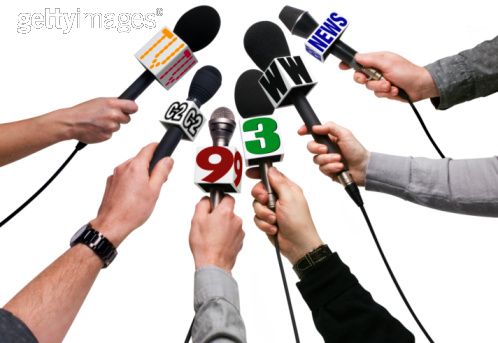Here is an excerpt from Broadcast News – Writing, Reporting and Producing, [Fourth Edition] by Ted White. It is on the issue of news sources and why journalists need to keep promises of confidentiality. Hopefully, it sheds some light on the recent issues.
The fastest way to lose a source is to break a promise of confidentiality. Few sources give reporters sensitive information without a promise of secrecy. Once a reporter gives that promise it must be respected, regardless of the consequences. A reporter’s right to protect sources has often been tested in the courts and reporters do not always win. On rare occasions, reporters have gone to jail or been fined for refusing to disclose a source…
If a reporter promises to keep a source secret and that promise is broken, it can be costly.
- Advertisement -
The US Supreme Court ruled in 1991 that news organizations cannot break promises of confidentiality to news sources. The landmark decision was the result of a suit brought by a public-relations consultant in Minnesota after two newspapers in that state broke their promise of confidentiality.
The plaintiff, Dan Cohen, was working for a gubernatorial candidate, Wheelock Whitney when he agreed to give the Star Tribune of Minneapolis and the St. Paul Pioneer Press Dispatch information about a shoplifting conviction of Marlene Johnson, a candidate on the opposing ticket.
Pioneer Press Dispatch reporter, Bill Salisbury and Star Tribune reporter, Lori Sturdevent had promised Cohen confidentiality. Their newspapers decided, however, to withdraw the agreement and identified Cohen in the stories. He was fired from his job with a large advertising agency the next day.
The lawyers for the newspapers argued that the public had the right to know who had disclosed the derogatory information about the candidate and argued it was the newspaper’s First Amendment right to publish Cohen’s name. The court voted 5 to 4 that Minnesota law requires “those making promises to keep them,” and that the newspapers had no right to break their promise of confidentiality.
Salisbury said the Cohen case “may permanently change the relationship between reporters and anonymous sources. It should discourage editors from breaking reporters’ promises, thus making sources feel more confident that their names will be protected.”
Salisbury said the ruling also “chips away at the press’s First Amendment protections, and it invites more lawsuits over broken promises.”
Cohen was awarded $200,000 for breach of contract.
A reporter should never use a source as a basis for a story until the information is checked for accuracy. Verifying a story is not always easy, especially when a reporter is working under deadlines. One of the best ways to ensure that a story is accurate is to find several other sources who will disclose exactly the same information. This is known as double- or triple-sourcing…


